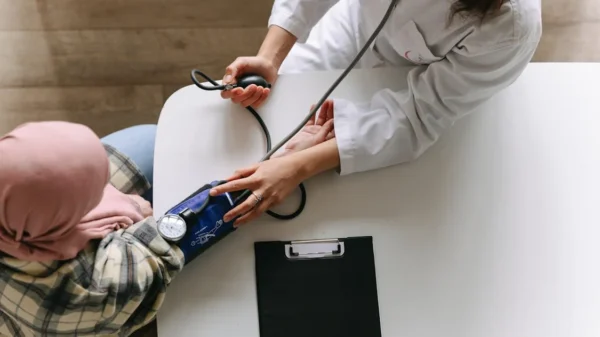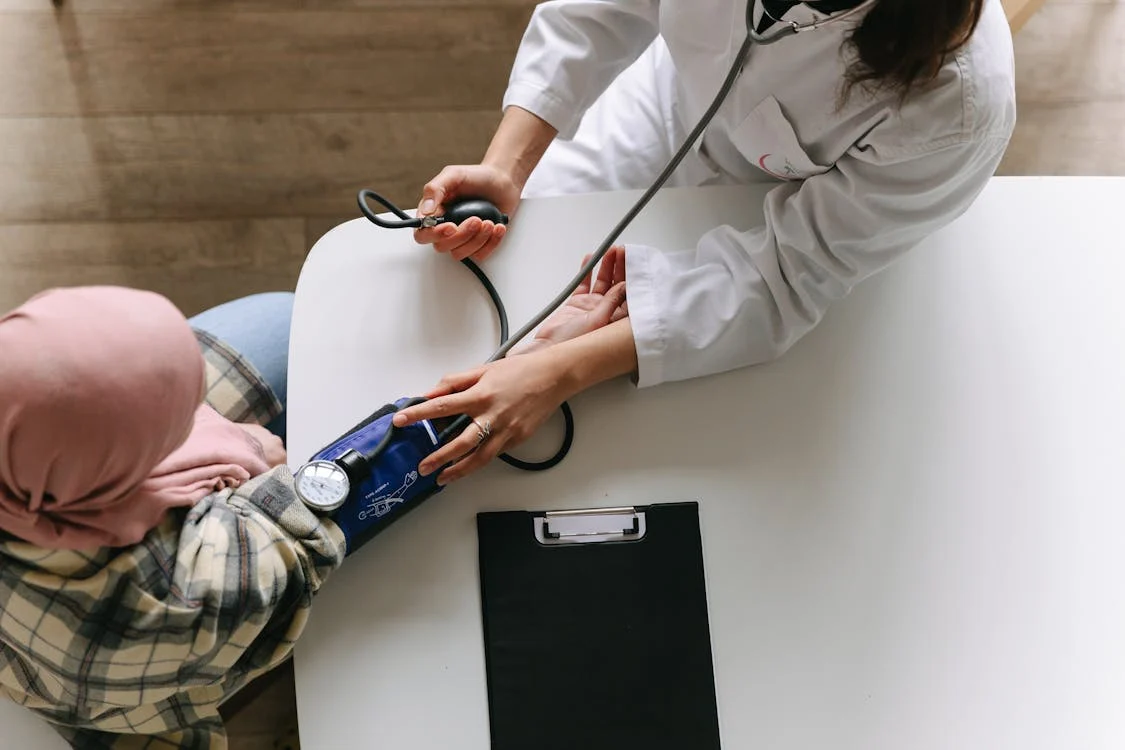Why Are So Many Young People Getting Cancer? It’s Complicated
Earlier this month, two notable individuals in the public eye revealed their battles with cancer. Olivia Munn, aged 43, shared that she underwent treatment for breast cancer, which was detected in its early stages. Shortly after, Kate Middleton, aged 42, disclosed that she has been undergoing treatment for an unspecified type of cancer.
Their diagnoses highlight a concerning pattern: there is a rising prevalence of cancer diagnoses among adults under the age of 50, both in the United States and globally. According to a recent study, by the year 2030, early-onset cancer diagnoses could increase by approximately 30% worldwide, leading to a potential 20% increase in mortality rates from these conditions.
Ahmedin Jemal, the Senior Vice President of Surveillance and Health Equity Science at the American Cancer Society (ACS), emphasizes that the most notable discovery over the past ten years has been the increase in cancer incidence rates among young adults.
While cancer remains most frequently diagnosed in individuals aged 65 and older, data from the American Cancer Society (ACS) indicates that only around 12% of cancer cases in the United States are identified in adults under the age of 50. According to ACS statistics, a woman in the U.S. has approximately a one in 17 likelihood of receiving a cancer diagnosis before reaching the age of 50, whereas a man has about a one in 29 chance. The higher likelihood for women is primarily due to the prevalence of breast cancer.
The odds are gradually becoming less favorable. A study published in JAMA Network Open in 2023 revealed that in 2019, approximately 103 cancers were diagnosed per 100,000 U.S. adults under the age of 50, up from about 100 in 2010. While this might seem like a modest increase overall, it’s concerning, especially considering that during the same period, incidence rates among older adults in the U.S. declined. Dr. Richard Barakat, Director of Cancer Care at Northwell Health in New York, likened the situation to a reversal of trends.
Certain types of cancer are experiencing notable increases in diagnosis rates among young adults. According to a 2022 study, colorectal cancer is now being diagnosed nearly twice as frequently in young adults as it was in the 1990s. Additionally, researchers from JAMA Network Open have observed rising incidence rates of other gastrointestinal cancers in this age group. Early-onset breast cancer is also seeing a rise in cases, with a 2024 study reporting an annual increase of nearly 4% among women in the United States from 2016 to 2019. Furthermore, lung cancer, typically associated with older individuals who smoke, is increasingly affecting younger women, including those who have never smoked, as noted by Dr. Matthew Triplette, a pulmonologist at Fred Hutch Cancer Center in Seattle.
Triplette suggests that it’s unlikely there’s a new, highly hazardous cancer risk factor responsible for the surge in cases among younger individuals. Cancer is a multifaceted condition shaped by a combination of genetic factors, lifestyle decisions, and environmental influences. Therefore, it’s improbable that a single factor can fully account for the observed trends in the data.
Rather, it is probable that a combination of factors is at play. The consumption of processed foods, insufficient physical activity, and excessive alcohol consumption are all recognized as risk factors for cancer, and these issues are prevalent in contemporary society. A study from 2019, co-authored by Jemal, revealed that several types of cancer becoming more prevalent among young adults in the United States are associated with obesity. Currently, approximately 40% of adults under the age of 40 in the U.S. are affected by obesity.
Scientists are also examining the influence of the gut microbiome on cancer onset. According to Barakat, factors such as diet and medication usage can impact the health of the gut microbiome, suggesting that elements of modern dietary habits or the excessive use of antibiotics in the healthcare system may have indirect consequences. Additionally, Triplette suggests that exposure to environmental pollutants may also contribute to the development of cancer.
Jemal suggests that significant societal shifts could also play a role. For instance, studies indicate that women who have their first child at the age of 35 or younger typically have a reduced risk of breast cancer. With more women in numerous countries opting to delay childbirth or forgo it altogether, this trend could potentially be reflected in cancer incidence rates.
To reduce the likelihood of cancer, everyone can gain from following scientifically supported health recommendations such as maintaining a balanced diet, engaging in regular exercise, and avoiding excessive smoking or alcohol consumption. However, the probability of developing cancer varies for each individual. Those with particular risk factors, such as genetic indicators or a family background of cancer, should seek advice from a healthcare professional regarding early screening and other preventive actions, advises Barakat. Taking proactive measures is essential, he emphasizes, as individuals with genetic susceptibilities to cancer are frequently diagnosed at a relatively young age.
Barakat emphasizes the significance of understanding your body and seeking medical attention if you suspect any abnormalities. “In some cases where early-onset colorectal cancer was diagnosed, patients experienced symptoms, but the notion of a 30-year-old having colon cancer was unexpected,” he explains. Delayed detection can complicate treatment, underscoring the importance of not dismissing potential concerns simply due to youth and apparent good health.
Naturally, not every instance of gastrointestinal discomfort or bloating indicates a serious health issue; frequently, these symptoms are simply uncomfortable. However, if you experience persistent unusual symptoms, it’s important to investigate further, according to Barakat. “And healthcare professionals need to be more attentive and cautious,” he adds.
Related






















































